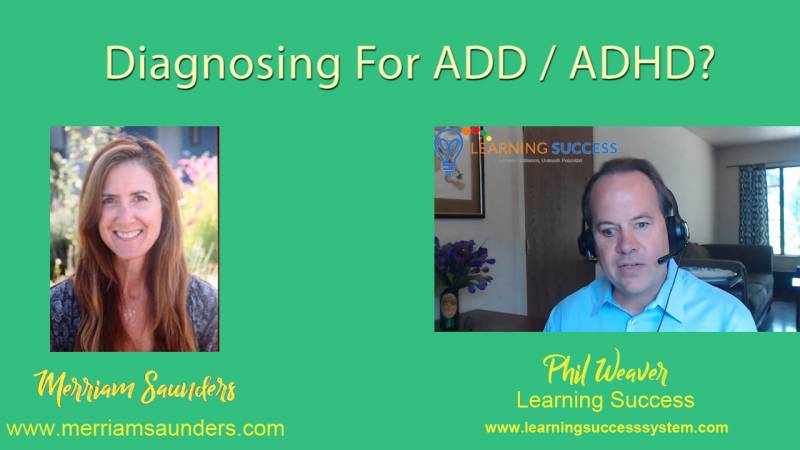
Phil: How important is a diagnosis? Should all parents who suspect ADD look for a diagnosis?
Merriam: I know there is a lot of fear about getting a diagnosis because people are afraid their child will be labeled for the rest of their life, you know, by school or, and to a certain degree, oh sure. You know, we can't help what other people are going to think or how they're going to judge. But I think that a diagnosis helps people to understand what's feeding the behavior and in a way takes a little bit of the pressure off. Because now we have an understanding and now we know how we can treat. It's really hard to devise a treatment if you don't understand what's causing the symptoms.
Phil: Uh Huh. I see. Okay. Okay. Very good. Now, tell us a little bit about your books.
Merriam: Alright. Thank you for asking.
Merriam: So, the first book is a picture book and it's generally for children three to eight years old. And to be read, you know, with the parent typically. and it's about Charlie who has a whirling twirling motor. He's has hyperactive Adhd, although we never come right out and say that in the story. And it takes him through his day where his, ADHD is causing him to, mess up essentially and he feels badly and you could tell that he feels badly, and at the end of the day. His mother tucks him in and tells him that she needs to talk to him and he thinks he's about to get into trouble and instead she reads him his wonderful list so that, you know, it has a nice little twist of an ending, and is a little lesson.
Phil: The next book coming out is my wandering dreaming mind and it's a girl with inattentive ADHD whose daydreaming gets her into trouble all day long as well. Until her mom has a nice surprise for her at the end. It's not the same as the wonderful list, but it's, you know, something that's feel good.
Do You Need help with a Learning Difficulty?
Our simple online analysis will help you get to the core of the problem and find the right solution for you.
Understanding how to help someone with a learning difficulty starts with understanding which micro-skills are affected. When you learn which of the micro-skills is the problem, you will then be on your way to solving it.
You'll also learn how to:
- Build confidence
- Enhance Learning ability
- Eliminate avoidance
- Build grit
You can get this analysis for free by filling out this simple form. This will help you get to the bottom of a learning difficulty and provide you with a solution. If you are ready to put this problem behind you click the button below and fill out the form.










